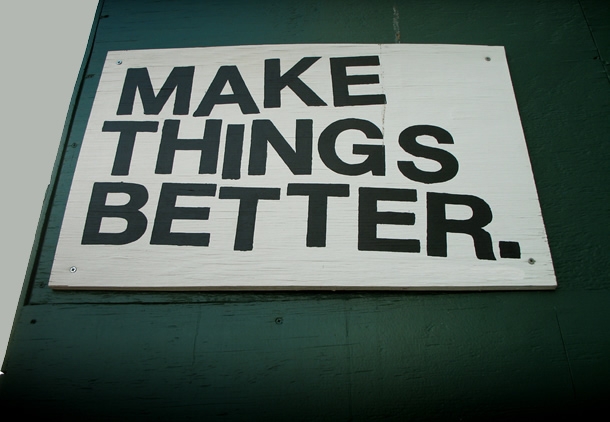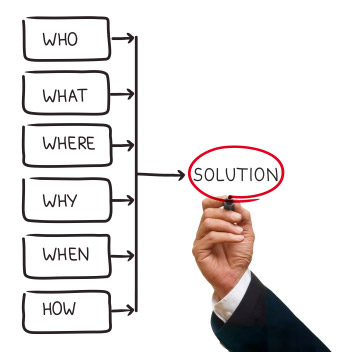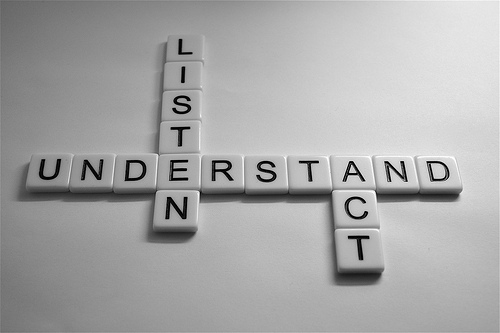Making it better in organizations

Truett Cathy, the founder of the Chick-Fil-A restaurant chain in the United States, during a time when the company was facing a lot of competition and uncertainty said, "If we get better, our customers will demand that we get bigger". This simple but profound statement centers on the mindset of many great leaders. Great leaders focus their thinking on how to make it better because they have the foresight to know that if they make it better, then their customers will demand that they grow bigger as a company.
To make anything better, one must first engage in clarification and evaluation. In an organizational setting, clarification and evaluation is all about identifying and defining the win or the intended customer experience that an organization desires to bring forth. If the win is not clearly defined, it becomes very difficult to practice "making it better", because there is no clarity on what "it" is. In fact this win is what Peter Drucker describes as the value the customer places on a product or service. The customer does not simply buy a product or service; they buy value. Continue reading...



